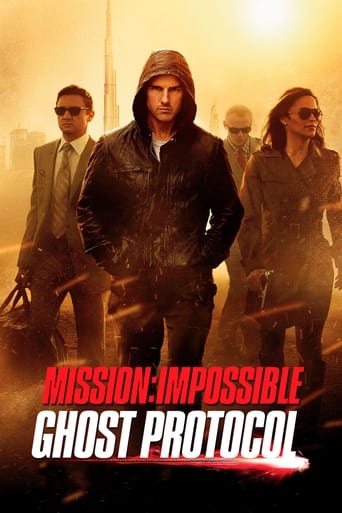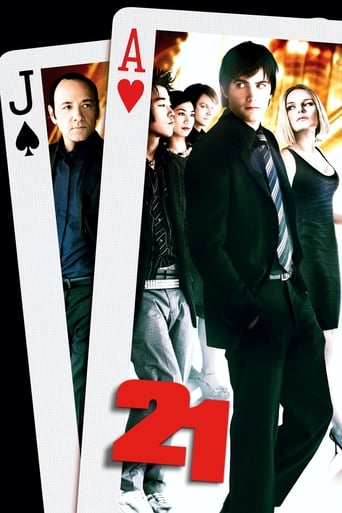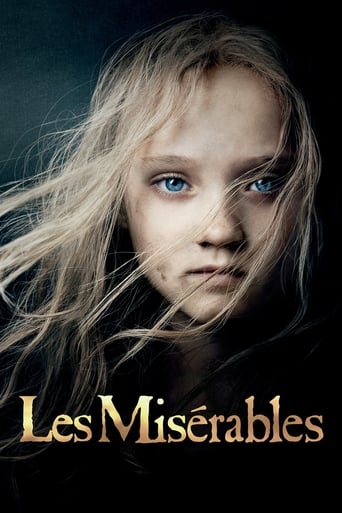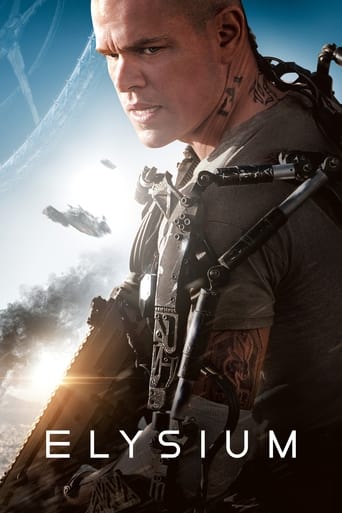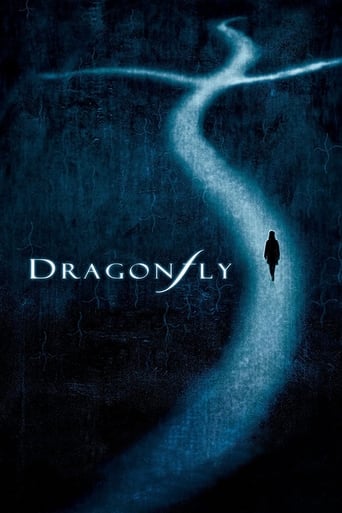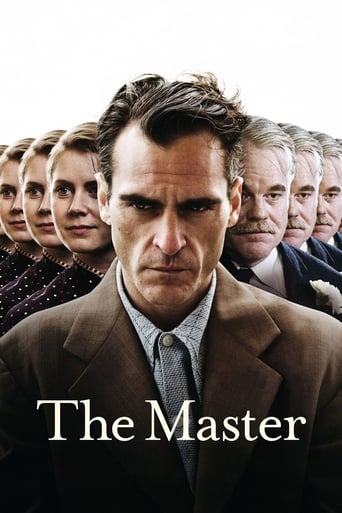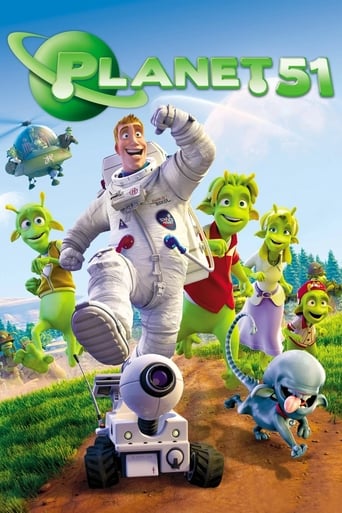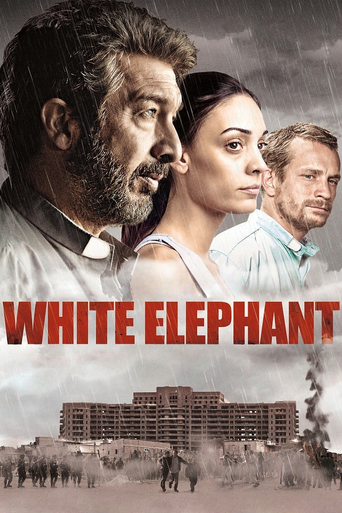


White Elephant
While working alongside his long-time friend and colleague in building a hospital for the residents of a Buenos Aries shantytown, a troubled priest finds solace in a young, atheist social worker.
-
- Cast:
- Ricardo Darín , Jérémie Renier , Martina Gusmán , Walter Jakob , Miguel Zárate


Reviews
Pretty Good
It's hard to see any effort in the film. There's no comedy to speak of, no real drama and, worst of all.
This is a coming of age storyline that you've seen in one form or another for decades. It takes a truly unique voice to make yet another one worth watching.
Exactly the movie you think it is, but not the movie you want it to be.
Pablo Trapero's film tells a tough tale set in the slums of South America; but for much of its length, with its focus on community organisation and the struggle of workers to get paid, it resembles less 'City of God' than a Ken Loach movie, and it's not necessarily the worse for that. What is lacks, however, which Loach's movies do not, is a sense of perspective beyond those of those who try to help the slum's inhabitants: we see the story through the eyes of two priests, and a social worker, but not of the slum dwellers themselves. Indeed, the film (which is very watchable) could have been longer: a female gangland boss seems a potentially interesting character, but she only gets one scene, while the question of who is screwing the workers (and whether allies of the Church might actually be involved) is raised by not answered. It's a nice small movie; but one that contains a bigger picture that is never fully shown.
'White Elephant' begins with a prologue about how Julian brings a younger priest Nicolas back to Buenos Aires. It also begins with Julian undergoing a scan, reminiscent of Kurosawa's 'Ikiru', a film about one man trying to make a small difference in the face of death. Both priests begin the film suffering in different ways. One physically from a terminal illness, only known to us the viewer (dramatic irony), and perhaps brought on by overwork/stress; the other, spiritually, from a guilt-ridden conscience after surviving a massacre which left his congregation dead.Two priests with different approaches: Julian is a latter-day St Francis of Assisi, a man who has given up his wealthy background to work in the slums and who tries to make a difference by battling political bureaucracy (inefficiency & indifference) & the hierarchy of his own church authorities, who appear more interested in 'talk' than action. Nicolas works on the front line, mediating between warring gangsters & working alongside his secular counterpart, a social worker, Luciana, with a mutual attraction developing between them.The 'White Elephant' of the film's title is a huge unfinished hospital, now occupied by drug addicts, and which acts as a metaphor for the stunted development of the slum as a whole- and the failure of a new smaller development (the workers go on strike after not being paid) emphasises the continued failure by the next generation of politicians to address these issues. As one reviewer put it well, it is as if the slum has also been 'forgotten' by God, too. And the people of the slum finally reach breaking point after yet more bureaucratic inefficiency leads them to taking matters into their own hands (to finish the development for themselves) and a confrontation with the authorities.The film adopts a visceral approach, more an edgy, fast-paced social drama than an examination of faith in, say, the poetic manner of Bresson. It contains a number of plots, such as the relationship between the two priests fighting crime, poverty and despair (including their own), a love story, the attempt to help a young delinquent as well as a social critique. Perhaps this is one of the flaws of the film. It contains too many plots and tries to cover so many issues, making it feel disjointed.For a film about priests, it didn't have many moments of 'transcendence', but it seemed, to me, to be more about what a priest/church should be in the 21st century & a damaged world.Instead, the film-maker, Trapero, imaginatively uses imagery to make biblical allusions. Candles/lights shining in darkness/at night, recall John 1:5 (The light shines in the darkness and the darkness has not overcome it); Nicolas' journey into a gangster's compound is literally 'a walk into the valley of the shadow of death'; and the young addict/delinquent, Monito, is 'a prodigal son'/lost sheep, sent to the church's 'farm' in an effort to lure him away from bad influences. The figure of Mary, Mother of Grace, to whom the priests pray for succour, has a dark counterpoint in a woman who is in charge of a rival neighbourhood gang.I actually think the film shows what the Catholic Church must do if it is remain relevant in the 21st century. That it must socially engage with those most in need & reminded me of a recent BBC4 programme on 'The Salvation Army', where pastoral work was described as 'the church outside four walls'. The Church cannot survive in seclusion (Nicolas is banished to a monastery at the end of the film), but must take sides (of the poor) and be socially engaged if it is to remain relevant. And, after all, did Christ not consort with the poor & the marginalised?Regarding the background to the film, it's interesting that the Catholic Church has since elected its first Latin American, and specifically Argentine, Pope who has a reputation for supporting the poor.The emphasis is less on 'sin', but on 'faith', as Nicolas utters during a service in the church, a faith based less on judging people and more on maintaining one's faith & hope in the darkness. This contrasts with the more cynical, bitter Cruz, a support worker who despairs at the pointlessness of it all (a plot twist reveals the truth about his 'exit').This is encapsulated in the behaviour of Nicolas himself. Who/what is a good man in a flawed world? Is a priest who swears, drinks, smokes & has sexual desires, a good man? Then, the answer is an overwhelming 'Yes'. The film does not judge its protagonist but rather shows Nicolas as a man who tries to do good, presenting a modern take on Christian (Catholic) values such as the issue of celibate priests. His relationship with Luciana is not purely sexual, but about a mutually supportive relationship based on love (a marriage in all but name).Gradually, Nicolas realises why Julian brought him to Buenos Aires. He experiences faith & doubt. Can he live up to the faith shown in him and live up to his responsibilities? As Luciana says: 'Leave? It's easier.'The ending was perhaps melodramatic as Julian tries to help Monito escape from the police, though Julian becomes a very modern martyr, reminiscent of the real-life figure of Fr Carlos Mugica, who worked in the slum and whose murder has never been solved.The film featured strong performances from all of the lead characters, Ricardo Darin as Julian, Martina Gusman as Luciana and it was interesting to see Jeremie Renier (The Child/Dardenne brothers), mature as an actor. I didn't recognise him from that earlier film.
Argentinean director Pablo Trapero brings to the screen a very dark seemingly hopeless disparity between the rich and the poor. Written by Trapero along with Alejandro Fadel, Martín Mauregui and Santiago Mitre, the story will burn on the viewer's mind the hypocrisy of disparity between the rich and the poor.The film opens in the Peruvian jungle where Father Nicolás (Jérémie Renier) witnesses the brutal massacre of his friends and congregation while he alone survives, leaving a profound sense of guilt for not having also died in the catastrophe. Father Nicolás's beloved friend and confessor Father Julián (Ricardo Darín) brings Nicolás to the "Villa Virgin", a 'favela' like shantytown in the slums of Buenos Aires near an abandoned huge project for a hospital that was started decades ago in Buenos Aires, seen today as a typical "white elephant", a useless structure that now houses the poverty stricken inhabitants. Drugs provide the major business in this ghetto. Assault weapons and firearms can be found almost everywhere. Add all that to the precarious living conditions and this sort of hell on earth is not even fit for anyone to endure. The two priests work tirelessly to help the local people. Julián uses his political connections to oversee the construction of a hospital. Nicolás remains deeply troubled from his experience in the jungle, but he does find comfort in Luciana (Martina Gusman), a young, attractive, atheist social worker. As Nicolás' faith weakens, tension and violence between the slum drug dealing cartels grows. And when work on the hospital is halted by ministerial decree, the faith of the inhabitants of Villa Virgin is shattered, and Nicolás discovers he has been called by Julián to assume his role of parish priest as Julián is coping with an undiagnosed neurological disease. It is a test of wills, a test of faith, and a sense of being crushed by the politics of Argentina.Because of the setting in the filthy and decrepit slum the visuals become confusing with the cinematography by Guillermo Nieto attempting to take in too much visual information to the point of confusing the story line. But the musical score by Michael Nyman is brilliant and enhances the film tremendously. The three major actors - Darin, Renier, and Gusman - are outstanding in very difficult roles. If the audience is left with a sense of the futility the people of the slums face daily, then the film has accomplished its mission. In Spanish with English subtitles. Grady Harp
Very good movie excellently performed by Argentina big star , Ricardo Darin . This Cannes selected film contains a fascinating , brooding story , perfectly acted and concerning the narration about the construction a hospital of riveting manner . The "Villa Virgin", a shantytown in the barrios of Buenos Aires. Julian (Ricardo Darin) and Nicolas (the French Jeremie Renier) , two priests and long-standing friends, work tirelessly to help the local people. Julian uses his political connections to oversee the building of a hospital. Nicolas unites him following the flop of a mission he was leading in the jungle , after paramilitary forces assassinated members of the community. Deeply troubled, he finds a little comfort in Luciana (Martina Gusman), an enticing social worker . As Nicolas' faith weakens, tension and violence between the barrio drug dealing cartels grow. And when work on the hospital is halted by ministerial decree , the fuse is lit...This is a co-production Argentina/Spain/France , being well paced , skillfully edited and very interesting . The picture is plenty of thrills , intense drama , a love story , violence and thought-provoking issues . After splendid collaboration between Pablo Trapero and Ricardo Darin in a thriller titled ¨Carancho¨ , this relationship worked out so well that they're doing it again . Trapero's Elefante Blanco seems like a very likely candidate to turn up in becoming quite simply one of the best films of its year . The insightful storyline relies heavily on the continued relationship among three protagonists but it isn't tiring ; being entertained and with numerous diverting moments and agreeable feeling . Darin and Jeremie Renier star as priests coping in very different ways with the violence and corruption in the Buenos Aires slum of Villa Virgen where they work , both of them carry out excellent performances along with Martina Gusman playing as an atheist social worker . However , Ricardo Darin steals the show as the obstinate priest , Darin is a magnificent leading figure of the most important Argentinian movies such as ¨El Aura¨, "El Faro" (1998), "El Mismo Amor La Misma Lluvia" (1999), "Nueve Reinas" (2000), "La Fuga" (2001) and especially ¨El Hijo de la Novia¨ . Evocative production design filmed on location in barrios and slums from Buenos Aires , Capital Federal and Plaza Guemes . Emotive as well as sensitive musical score by the British Michael Nyman . Colorful and adequate cinematography by cameraman Guillermo Nieto . The motion picture well produced by Alejandro Cacetta and Juan Vera , was compellingly directed by Pablo Trapero . Trapero is a good filmmaker , his best film was ¨Carancho¨, dealing with a slow burning exercise in moral decay and his usual actress results to be Martina Gosman who has worked in various film with him , such as : ¨Lion's den¨ , ¨Nacido y Criado¨ , ¨Carancho¨ and of course this ¨Elefante Blanco¨ . This dramatic flick is an above average film and Argentina's official submission to the Cannes Film Festival and achieved several Awards of the Argentinean Academy. Indispensable and essential seeing for Ricardo Darin fans .


